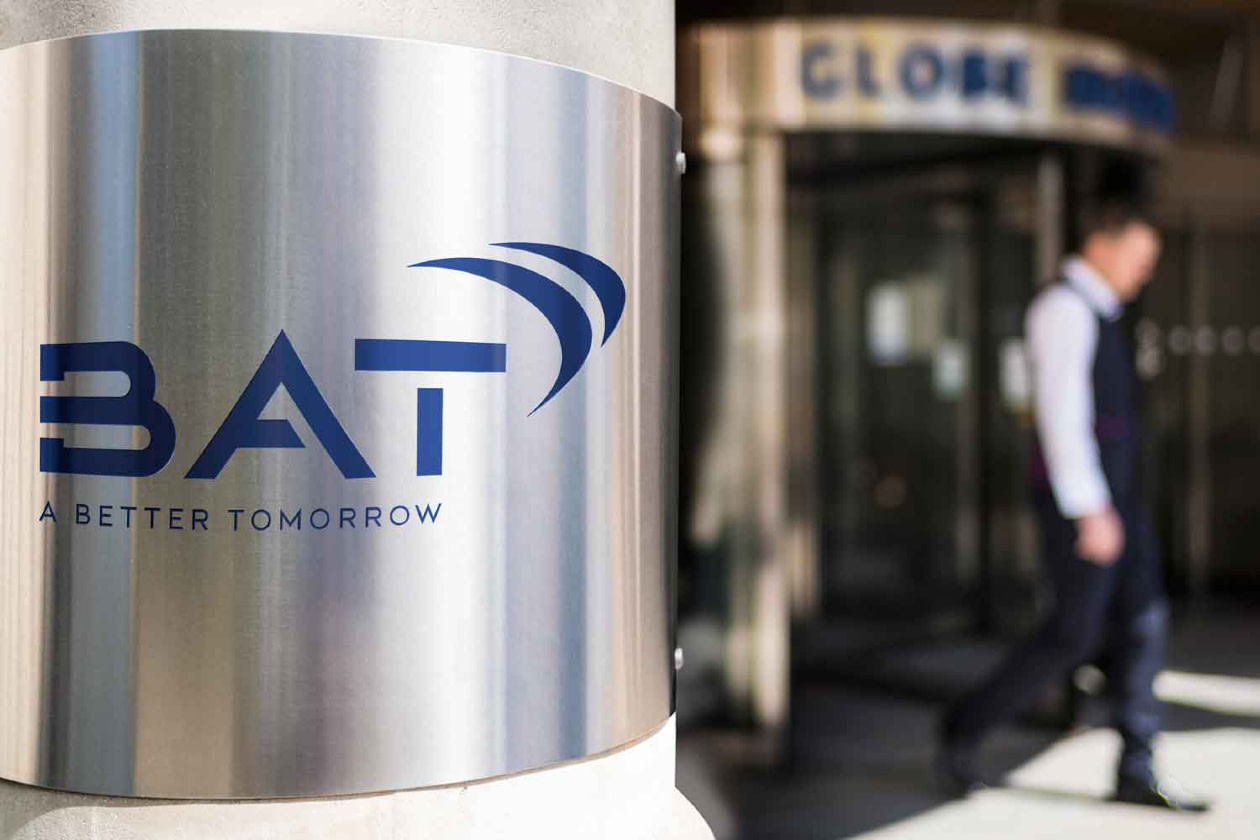British American Tobacco’s is on track to meet full-year guidance of low-single figure digit growth in both revenue, before the impact of currency movements, and underlying operating profit. Second half growth more than made up for the small declines seen during the first half.
Underlying net debt is expected to land in the target range of 2.0-2.5x underlying cash profit albeit at the top end after the impact of recent strength in the US dollar.
The company expects to provide more clarity on the financial impact of the proposed settlement of tobacco related litigation in Canada, alongside the full-year results in February.
The shares were flat in early trading.
Our view
British American Tobacco has seen a substantial improvement in trading over the second half of 2024.
The company’s fighting hard to maintain market share in traditional combustible products (cigarettes and cigars) in its largest market, the United States. Product and pricing initiatives are starting to yield results, with market share broadly flat in 2024. But with industry volumes down by a whopping 9%, it’s hardly cause for celebration. Other territories have however been more stable, and the company has gained further share.
The group was early to recognise changes in consumer behaviour and is increasingly pinning its hopes for the future on its portfolio of 'smokeless' products, namely vapes, heated tobacco and oral pouches. We're impressed by the progress made so far. The so called ‘New Categories’ are finally contributing to the bottom line, albeit in a small way. There's now a target in place for them to generate over half of total revenues by 2035. We admire the ambition, but there will be challenges along the way.
There is some evidence to suggest that these products pose a reduced health risk compared to cigarettes, but they are coming under increasing scrutiny with some products banned in the US earlier this year. There's also mounting pressure for higher taxes going forward.
The company itself has called out the trade in illicit disposable devices as an immediate concern, putting the divisions £5bn revenue target for 2025 in doubt. It's too early to call how the long-term profitability of these products will compare to traditional products. This could undermine BATS' attractive operating margins which have remained over 40% despite recent market challenges and the spike in inflation.
Consistently high cash flows do mean that the company is well placed to make the investments necessary to keep pivoting away from cigarettes. That also supports a dividend yield of around 8%. The group also remains committed to ‘sustainable’ share buybacks but with net debt levels at the upper end of the 2-2.5x underlying cash profit (EBITDA) target range, there may be limited scope to increase shareholder pay-outs in the immediate future. There can never be any guarantees.
There’s also the looming risk of a proposed multi-billion-dollar legal settlement in Canada relating to historical cover-ups of smoking-related cancer risks that remains unquantified.
Despite a recovery in investor sentiment, the valuation still lags the long-term average, which in turn means the prospective yield also remains attractive by historical standards. This suggests the market isn’t yet convinced that New Categories can underpin BATS' future. While successful execution of the strategy could drive a re-rating there are likely to be more bumps along the way.
Environmental, social and governance (ESG) risk
The food and beverage industry tends to be medium-risk in terms of ESG though some segments like agriculture, tobacco and spirits fall into the high-risk category. Product governance is a key risk industry wide especially in areas with strict quality and safety requirements. Labour relations and supply chain management are also industry wide risks, with other issues varying by sub-sector.
According to Sustainalytics, BATS' overall management of ESG issues is strong. But we do have some concerns. Recent controversies include accusations of using corporate social responsibility activities to influence government officials and bypass tobacco policies. With tobacco being on the exclusion list of certain institutional investors, product impact is key and the company's commitment to public health.
British American Tobacco key facts
All ratios are sourced from Refinitiv, based on previous day’s closing values. Please remember yields are variable and not a reliable indicator of future income. Keep in mind key figures shouldn’t be looked at on their own – it’s important to understand the big picture.
This article is not advice or a recommendation to buy, sell or hold any investment.No view is given on the present or future value or price of any investment, and investors should form their own view on any proposed investment.This article has not been prepared in accordance with legal requirements designed to promote the independence of investment research and is considered a marketing communication.Non - independent research is not subject to FCA rules prohibiting dealing ahead of research, however HL has put controls in place(including dealing restrictions, physical and information barriers) to manage potential conflicts of interest presented by such dealing.Please see our full non - independent research disclosure for more information.


